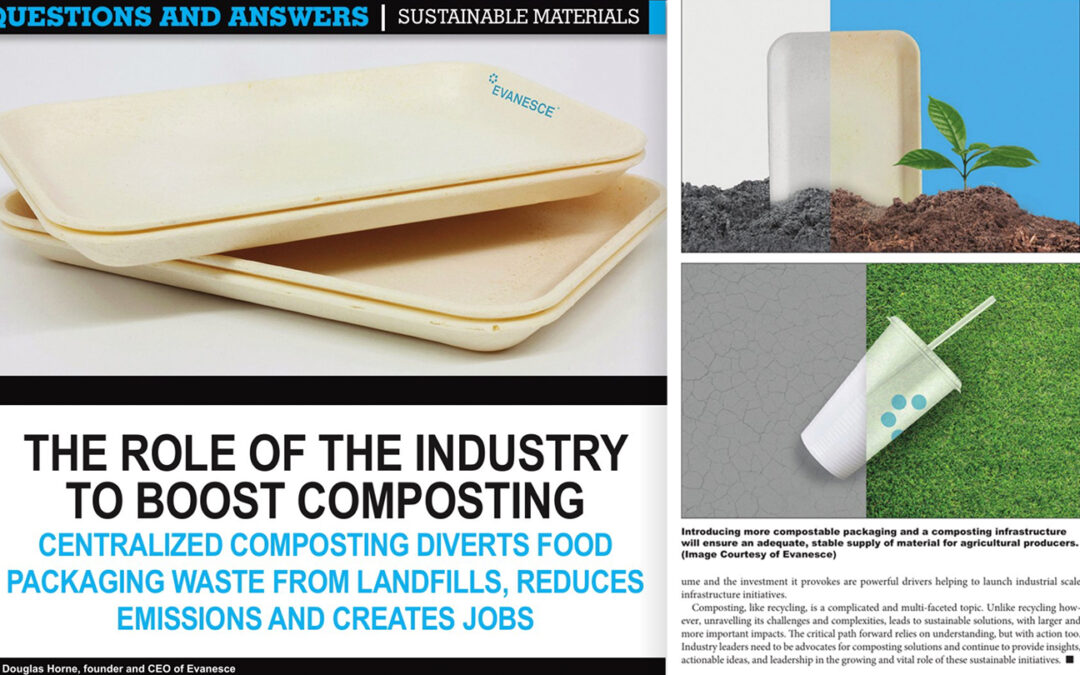Biodegradable materials may have been a good start, but they are just one step forward in a continuum to create a true circular economy. In the same way that resources and infrastructure needed to be put in place for recycling, so too must infrastructure be implemented to truly embrace the long-term benefits of composting.
Developing compostable products is a priority for the food service packaging industry, and packaging manufacturers are in a unique position to advocate for these sustainable packaging solutions.
Why is composting important?
Over 40% of municipal solid waste, in the form of food scraps and yard trimmings, ends up in landfills according to the U.S. EPA. Composting can dramatically reduce, if not eliminate this waste.
Further, food scraps and yard trimmings produce methane, a greenhouse gas with a global warming potential that in the short term is more powerful than carbon dioxide. According to the EPA, landfills are the third largest source of methane emissions, annually emitting the carbon dioxide equivalent of nearly 250 million barrels of oil. The United States alone consumes about 20 million barrels of oil daily.
Lastly, composting can contribute to soil health. About 100 million acres, or roughly 30%, of US farmland is experiencing rapid erosion and taxing yield productivity.

